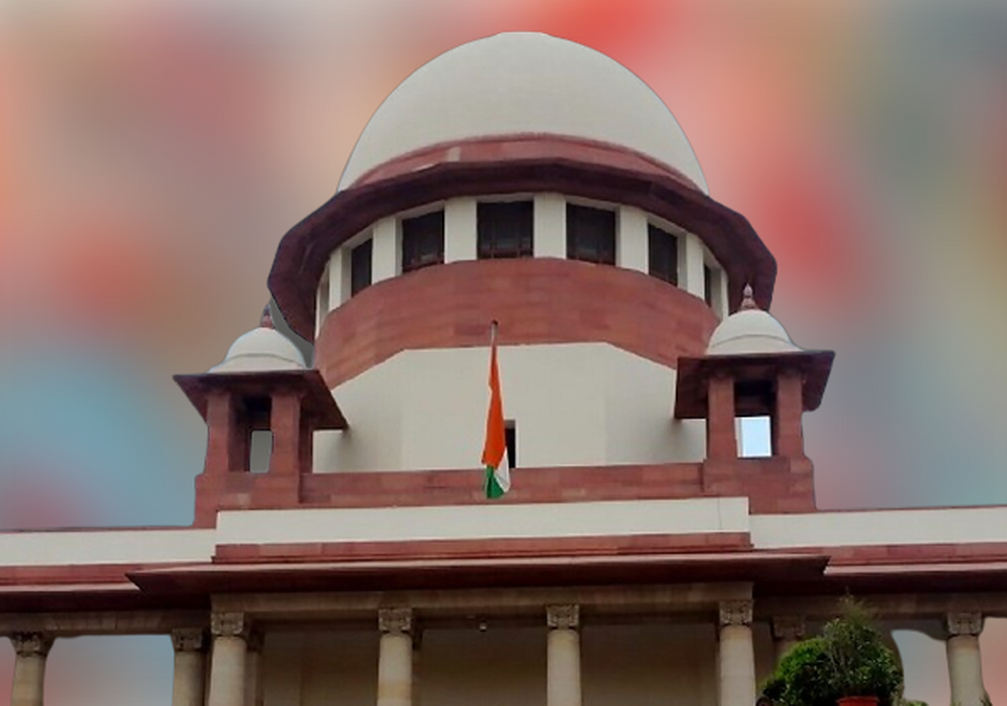Merely by being in possession of cheque, complainant does not stand absolved of his obligation to prove existence of liability and legally enforceable debt prior to issuance of cheque: P&H HC

Read Order: Prem Singh Rohila V. State Of Haryana And Another
Monika Rahar
Chandigarh, March 9, 2022: While dealing with a revision petition in a cheque bounce case, the Punjab and Haryana High Court has held that it is a settled proposition of law that presumption under Section 139 of the Negotiable Instruments Act, is a presumption of law, as distinguished from a presumption of fact, such a presumption is a rebuttable presumption and the drawer of the cheque may dispel the same.
This legal proposition as reiterated above, by the Bench of Justice Vinod S. Bhardwaj was held by the Supreme Court in Hiten P. Dalal Vs. Bratindranath Banerjee, (2001) 6 SCC 16.
In this case, a complaint under Section 138 of the NI Act was filed against the petitioner for the dishonour of a cheque for an amount of Rs.1,35,000/-, issued by him. The Trial Court recorded a finding of conviction against the petitioner. The petitioner was also ordered to pay an amount of Rs. 2,02,500/- as compensation to the complainant under Section 357(3) Cr.P.C. Aggrieved, the petitioner filed an appeal which was dismissed by the Additional Sessions Judge, Panipat. Hence, the present revision petition was filed.
The petitioner’s counsel argued that the Courts below failed to appreciate the evidence and convicted the petitioner, even though the petitioner dispelled the statutory presumption under Section 139.The Counsel added that the complainant miserably failed to establish that the cheque in question was ever handed over by the petitioner to the complainant in the discharge of any legally enforceable debt.
Further, it was contended that the Courts below relied solely on the presumption against the petitioner notwithstanding that the presumption was rebuttable and that upon the existence of reasonable suspicion, the burden would shift upon the complainant to prove that the issuance of the instrument was in discharge of a legally enforceable debt. Also, the counsel argued that an adverse inference needs to be drawn against the complainant and the statutory presumption under Section 139 cannot subsist against the petitioner.
After referring to a bunch of judgments, the Court opined, on the aspect of presumption under Section 139 of the NI Act((Presumption in favour of holder) that in order to rebut the statutory presumption, an accused is not expected to prove his defence beyond reasonable doubt as is expected of the complainant in a criminal trial. The Court further added that the accused may adduce direct evidence to prove that the note in question was not supported by consideration and that there was no debt or liability to be discharged by him.
“The Court need not insist in every case that the accused should disprove the nonexistence of consideration and debt by leading direct evidence because the existence of negative evidence is neither possible nor contemplated. At the same time, bare denial of the passing of the consideration and existence of debt would not serve the purpose of the accused”, asserted the Bench.
Further, it was observed by Justice Bhardwaj that to disprove the presumption, an accused should bring on record such facts and circumstances, upon consideration of which, the Court may either believe that the consideration and debt did not exist or that their non-existence was so probable that a prudent man, would under the circumstances of the case, act upon the plea that they did not exist.
In this case as observed by the Court, the complainant was unable to establish personal relations with the petitioner, on the strength of which he claimed that he advanced the money to the petitioner without making any written endorsement. Further, the complainant failed to adduce any proof of his income and also of the source of the huge sum of money lent. Thus, the Court opined that there was no plausible reason why the complainant would lend money to a person with whom he had no relationship and that too without execution of any documents as would be expected of a person of ordinary prudence.
Additionally, the Court was of the view that merely by being in possession of a cheque, the complainant did not stand absolved of his obligation to prove the existence of liability and a legally enforceable debt prior to issuance of the cheque. The surrounding circumstances and conduct in the form of withholding of best evidence left scope for improbabilities and doubts about the prosecution version, added the Bench. Also, the Court noted that the accused-Petitioner denied the suggestion about having been lent any money by the complainant and contrary to what The trial Court stated in its judgment, the petitioner stepped as a witness in favour of his case.
Further, the Court opined that the petitioner was able to rebut his burden and the consequent operation of presumption under Section 139 of the Negotiable Instruments Act against him, and the burden thus shifted on the complainant to lead affirmative evidence to show a pre-existing liability and the same to be legally enforceable at the time of issuance of the cheque.
“The failure to display prudence of an ordinary person and to establish his capacity to advance the sum to the petitioner give rise to a suspicion against presence of an enforceable debt against the petitioner and thus tilting the balance in favour of the accused. The burden lies on the complainant to prove his case against the accused, in whose favour, there is a presumption of innocence”, concluded the Bench.
The Court found the lower court judgment to be conjectural and not based upon an objective assessment of the material adduced on record. Accordingly, the impugned judgments were set aside and the petitioner was ordered to be acquitted.
Sign up for our weekly newsletter to stay up to date on our product, events featured blog, special offer and all of the exciting things that take place here at Legitquest.




Add a Comment